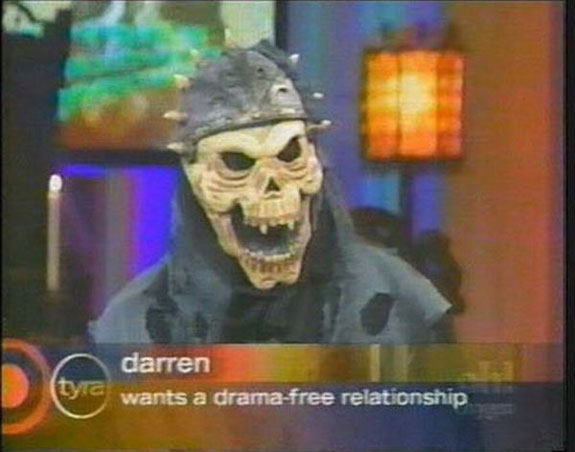Shortly after the Islamic Revolution in Iran, Partow Nuriala was forced by the government to stop teaching philosophy at Tehran University, where she also worked as a social worker. She subsequently founded Damavand Publications, one of the first independent woman-run presses in Iran. Three years later, the government shut the press down, an ironic development since it was during the revolution in Iran that the ban on her first book of poetry, A Share of the Years, which had been imposed by the Pahlavi regime in 1972 was lifted. In 1986, Partow came to the United States with her two young children. Since 1988, she has worked in the Los Angeles County Superior Court as a deputy jury commissioner, though she still has an active literary career. Her publications include four books of poems, literary and movie reviews, a collection of short stories and a play. “I Am Human” was published in the anthology Strange Times, My Dear and was translated by Zara Hushmand. ((Apologies to the poet and the translator for the inaccurate line breaks. I don’t know how to make WordPress show them as they are supposed to appear.))
I Am Human
Bow your form
in sight of the earth.
Hide your face
from the light
of the sun and moon,
for you are a woman.Bury your body’s blossoming
in the pit of time.
Consign the renegade strands of your hair
to the ashes in the wood stove,
and the fiery power of your hands
to scrubbing and sweeping the home
for you are a woman.Kill your word’s wit:
ruin it
with silence.
Feel shame for your desires
and grant your enchanted soul
to the patience of the wind
for you are a woman.Deny yourself,
that your lord
may ride in you
at his pleasure,
for you are a woman.I cry
I cry
in a land where ignorant kindness
cuts deeper
than the cruelty of knowledge.
I weep for my birth
as a woman.I fight
I fight
in a land where
the zeal of manliness
bellows in the field
between home and grave.
I fight my birth
as a woman.I keep my eyes wide open
so as not to sink
under the weight
of this dream that others
have dreamed for me,
and I rip apart
this shirt of fear
they have sewn to cover
my naked thought,
for I am a woman.I make love to the god of war
to bury
the ancient sword of his anger.
I make war on the dark god
that the light of my name
may shine,
for I am a woman.With love in one hand,
labor in the other,
I fashion the world
on the ground of my glorious brilliance,
and into a bed
of clouds I tuck
the scent of my smile,
that the sweet smelling rain
may bring to blossom
all the loves of the world,
for I am a woman.My children I bring
to the feast of light,
my men
to the feast of awareness,
for I am a woman.I am the earth’s steady purity,
the enduring glory of time,
for I am human.
Cross posted on The Poetry in the Politics and The Politics in The Poetry








To read this comic as "implying de-transition is something that exists only due to social pressure," you'd have to read…